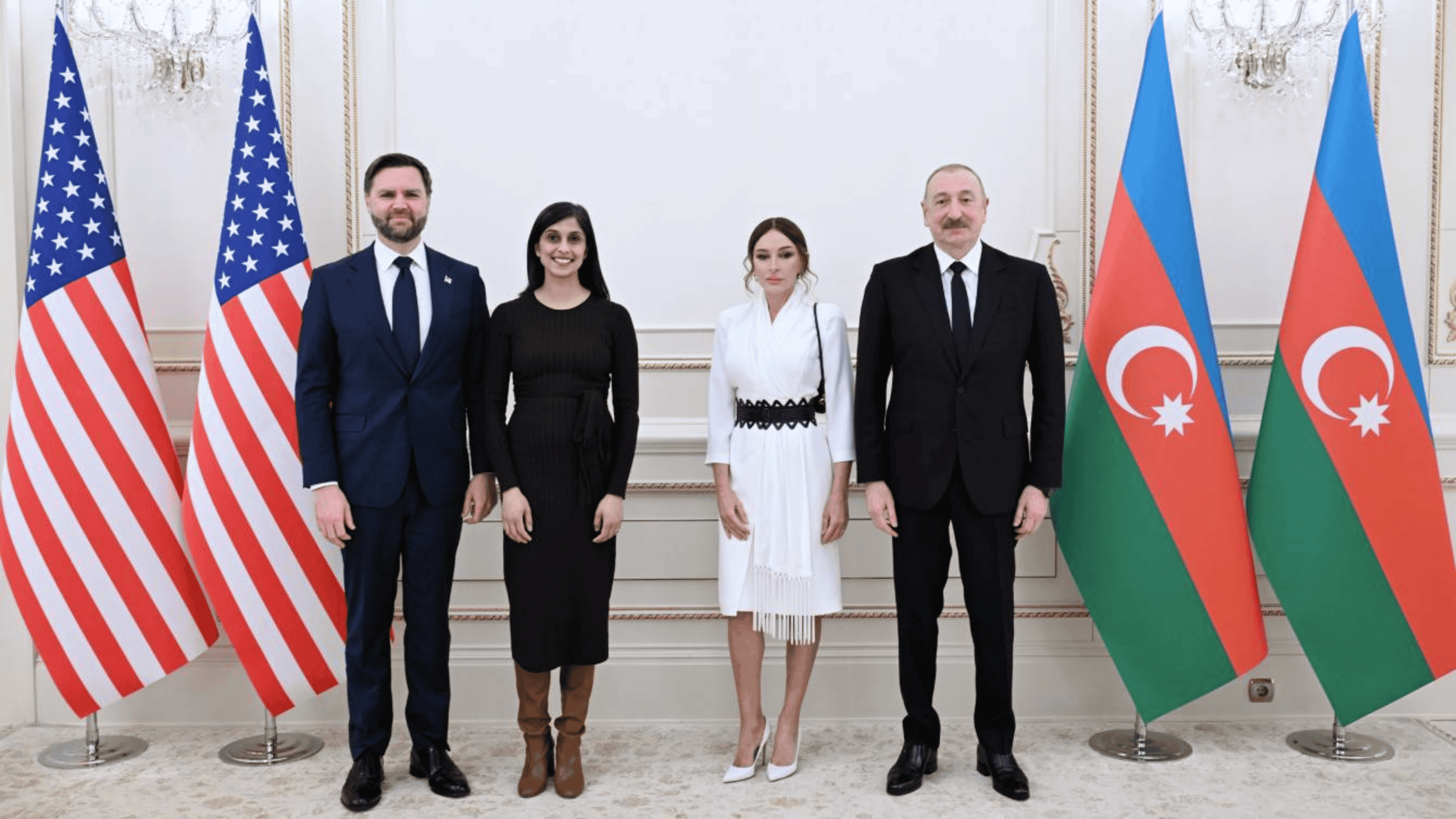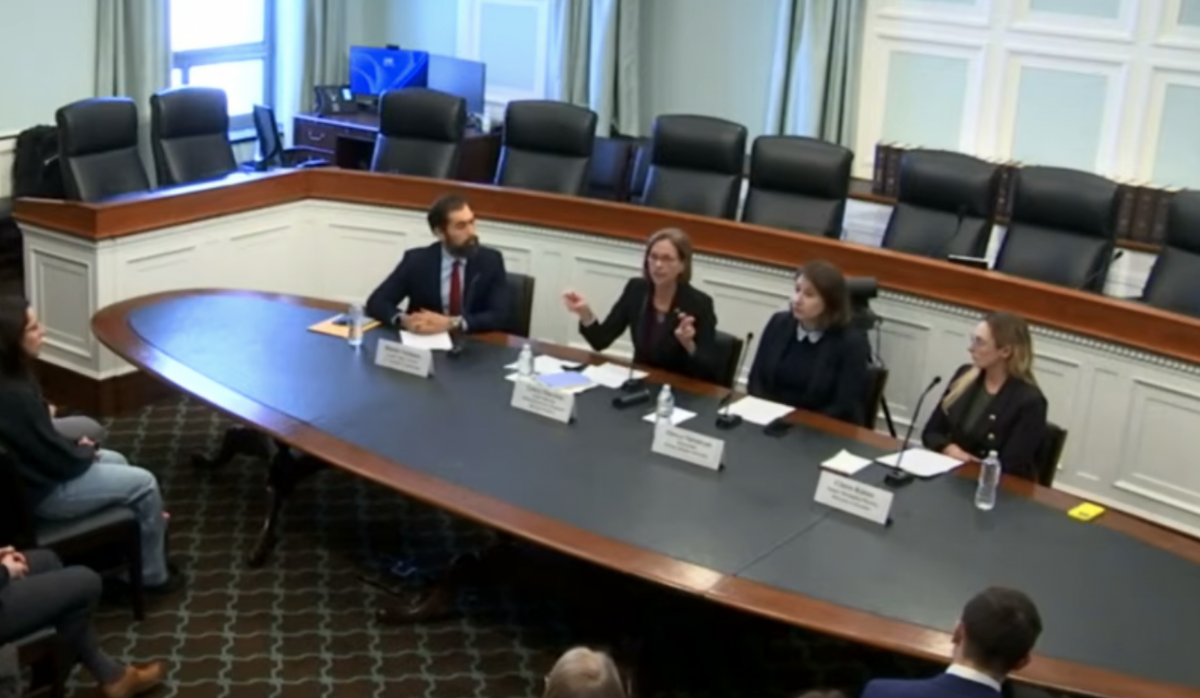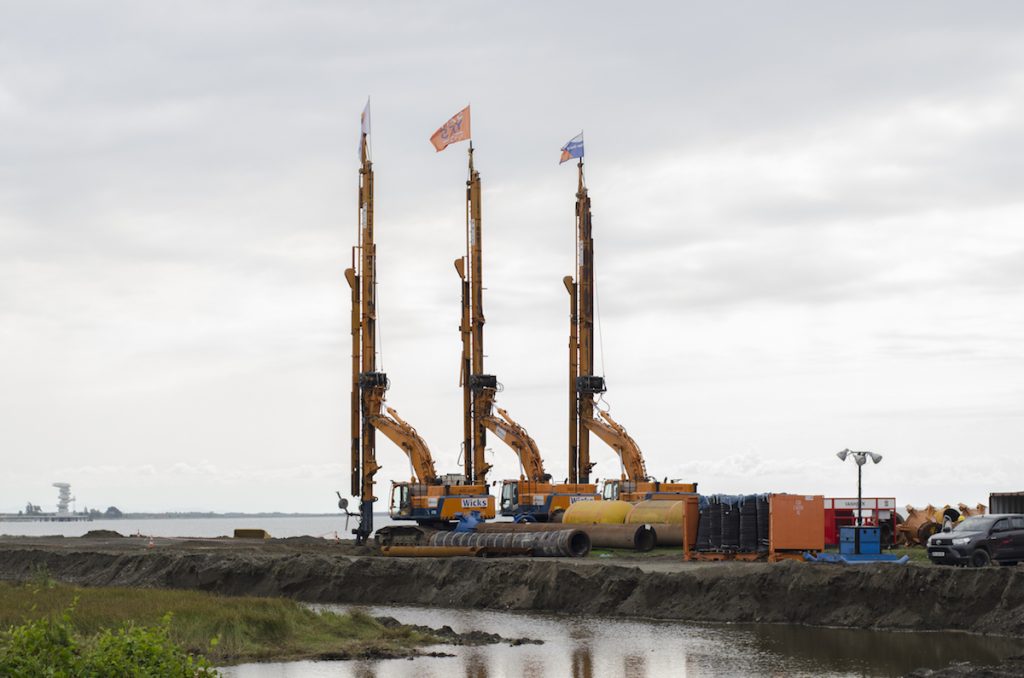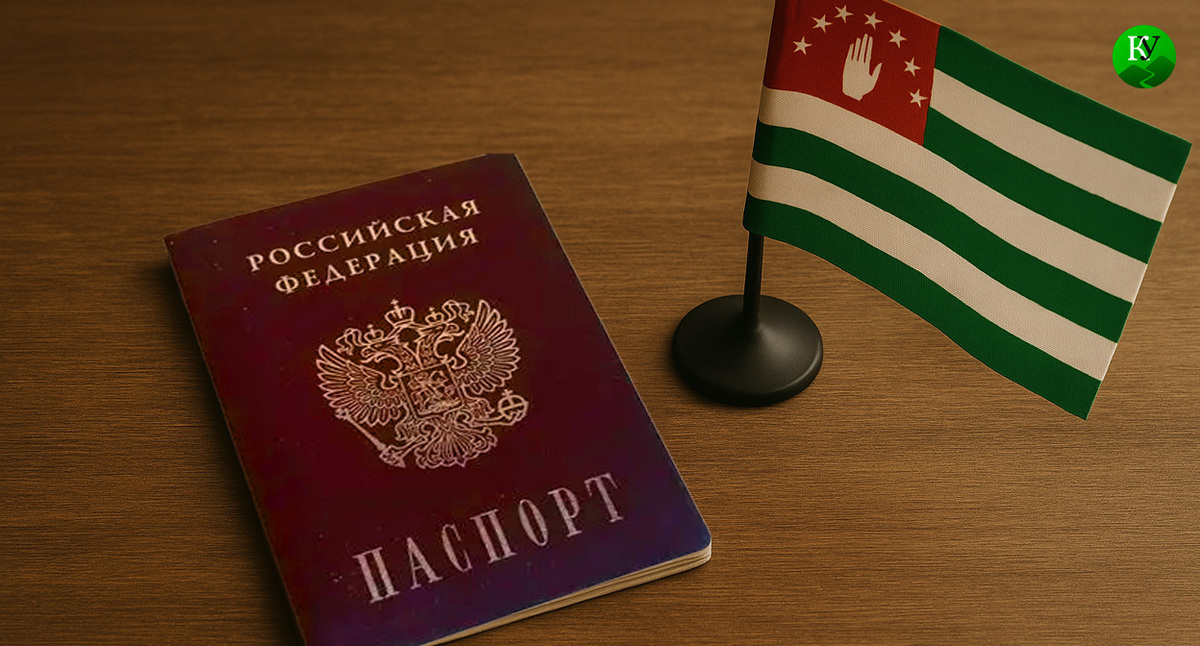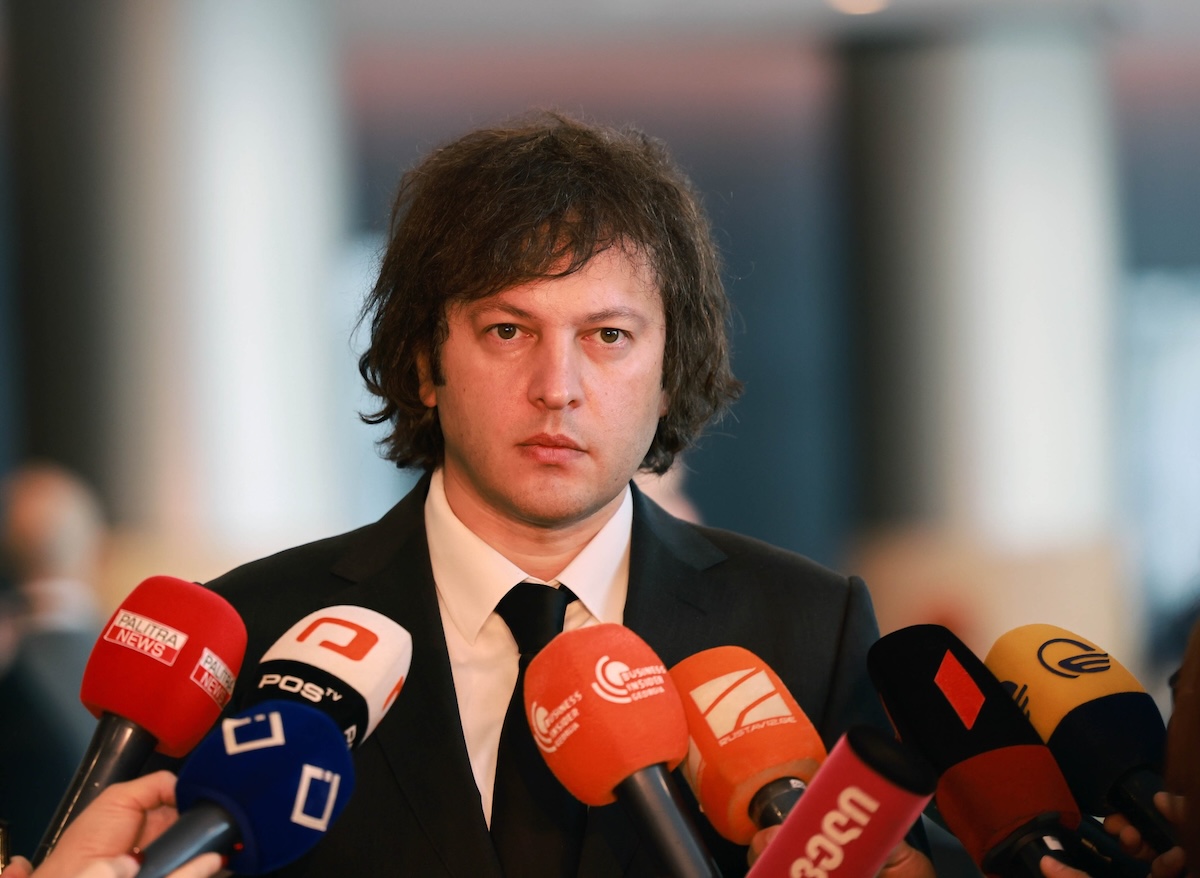Fourth Brussels meeting, with Pashinyan, Aliyev, Michel: What is the EU offering?
Fourth Brussels meeting Pashinyan-Aliyev
The fourth meeting of the President of Azerbaijan Ilham Aliyev and the Prime Minister of Armenia Nikol Pashinyan took place in Brussels through the mediation of the President of the European Council, Charles Michel.
The meeting lasted approximately four hours. When it was over, the participants left quickly. Both the Prime Minister of Armenia and the President of Azerbaijan refused to speak to journalists about the outcome of the meeting.
However, Charles Michel provided a media statement on the outcome, briefly touching on all the topics raised.
The next Pashinyan-Aliyev meeting is scheduled for November.
All information available at this time, comments from Yerevan and Baku, and the attitude toward the Brussels talks in Russia and the United States.
- “Armenia offers Azerbaijan three roads through its territory” – details from an expert
- “Independence is like health – it needs to be taken care of every day” – Pashinyan
Press statement from Charles Michel
The head of the European Council said in a statement that discussions were devoted to the latest developments in the South Caucasus and relations between the EU and Caucasian states. There was an exchange of views, which Michel described as “open and productive”. He stressed that during the meeting the whole range of issues of the Armenian-Azerbaijani agenda had been on the table.
Further, Michel outlined the essence of negotiations on each item:
“Peaceful agreement
Today we agreed to increase substantive work to promote a peace treaty regulating interstate relations between Armenia and Azerbaijan, and instructed the foreign ministers to meet within one month to work on draft texts.
Humanitarian issues
We also discussed in detail humanitarian issues: demining, detainees and the fate of missing persons. President Michel emphasized to Azerbaijan the importance of the release of Armenian prisoners. The EU will continue to deal with these issues.
Border issues
We assessed progress on all issues related to the delimitation of the border, and how best to ensure a stable situation. We agreed that the next meeting of the delimitation commissions will take place in Brussels in November.
Communications
We discussed a range of conditions for unblocking transport routes. In connection with all these discussions, I would like to emphasize that it is important to involve the population on both sides and prepare them for a long-term sustainable peace.
Public statements are crucial in this regard – in a sensitive situation like this, every word spoken out loud is obviously heard and weighed by the other side. The European Union is ready to step up its support towards a long-term sustainable peace. The EU will also continue to push for the promotion of economic development for the prosperity of both countries and the well-being of their peoples.”
Information from Yerevan
After the end of the meeting, the Prime Minister’s office received the following message:
“Issues related to the release of prisoners and the fate of the missing, demarcation and security of borders, unblocking roads, resolution of Armenian-Azerbaijani relations, and the Nagorno-Karabakh problem were discussed.
An agreement was reached to continue substantive negotiations on the development of a peace treaty at the level of foreign ministers. The meeting of foreign ministers will take place within a month. The next meeting of the Committee on Border Delimitation and Security will take place in November in Brussels. The next meeting at the level of country leaders will take place in November.”
Prior to the Prime Minister’s departure for Brussels, Armenia did not provide details on the agenda of the talks; nor was there anything from Baku. The assistant to the President of Azerbaijan, Hikmet Hajiyev, stated that the issue of forming a working group to prepare the text of a peace agreement between Armenia and Azerbaijan will be discussed.
Comments from Yerevan
Even before the start of negotiations in Brussels, Armenian analysts assumed that all issues related to Armenian-Azerbaijani relations would be discussed.
“The most important issue for Azerbaijan at this stage is the agenda of the peace treaty, and Baku will try to get any concessions from Yerevan on this issue. It is possible that Yerevan will make some concessions, because experience shows that after each escalation in Nagorno-Karabakh or on the Armenian-Azerbaijani border, the Armenian authorities usually make concessions,” political scientist Tigran Grigoryan said.
Also before the talks, political observer Hakob Badalyan suggested that no significant breakthroughs should be expected:
“There are too many radically opposite approaches in the positions of the parties. It is hard to imagine that a couple of meetings will not only smooth them over, but also lead to a peace agreement. Moreover, in addition to the positions of the parties themselves, there are also conflicts of interests between major intermediary actors. This is not only Brussels and Moscow, but Washington and Moscow.
“The latest US statements on the appointment of an American co-chair say that Washington has its own proposals and the main messages are directed towards Baku. This suggests that substantive work on a peace agreement is not likely in the near future.”
Political analyst Hovsep Khurshudyan believes that Western politicians want to resolve the Armenian-Azerbaijani problem as soon as possible, suggesting that Azerbaijan “take the path of democracy”:
“In this case, the problem of Nagorno-Karabakh is automatically attached to democratic processes and becomes a lever of pressure in the hands of the West on Baku. Otherwise, Azerbaijan loses NK.
“Given a democratization of Azerbaijan, Baku would not be able to carry out ethnic cleansing of Armenians, because it would automatically agree to the presence of international forces, as well as to the status of Artsakh, which would provide a full guarantee of the security of Armenians. This was stipulated anyway in the 1997 package agreement.
“If Azerbaijan does not follow a democratic path, I am sure that the international community and the West will force it into a Kosovo scenario, the legal and political packages for which are already being prepared alternately by the European Parliament, the European Court of Human Rights and the International Court of Justice in The Hague.”
Comment from Baku
Hussein Ismayilbayli, editor of the Azerbaijani edition of JAMnews, commented on the results of the trilateral meeting in Brussels:
“Before this trilateral meeting mediated by the European Union, there was speculation that official Baku would put pressure on Yerevan to fulfill the terms of the statement of November 10, 2020 regarding the opening of roads, specifically the Zangezur corridor.
“But judging by the statement of the President of the European Council, a wide range of issues was discussed in four hours. There is still a long way to go before concrete solutions.
“There is an agreement on a meeting of foreign ministers in Brussels. A meeting of delimitation commissions is also expected there. By the way, these commissions met in Moscow just yesterday.
“According to the statement, the foreign ministers are to discuss the details of a peace treaty between Armenia and Azerbaijan.
“About the solution of “humanitarian issues”. Usually prisoners are released before meetings like this, not after. Let’s see what happens. Charles Michel hinted at this in his press statement.
“It is impossible not to take into account the morning statement of the representative of the Russian Foreign Ministry. Because Russia, which is represented in the region by its peacekeeping contingent, is still the main mediator in the settlement of the Azerbaijani-Armenian conflict, nothing concrete can be expected from the meeting in Brussels. For Russia has already expressed its opinion, practically nullifying the results of this summit even before it began.
“According to a tradition that has developed over the past two years, it is worth waiting for a meeting mediated by the Kremlin, where more effective decisions can be expected. But so far there has been no such announcement.”
Russia considers negotiations a “pseudo-initiative”, US maintains dialogue
On August 31,the day of the meeting in Brussels, the official representative of the Russian Foreign Ministry, Maria Zakharova, stated that the EU’s activity in the South Caucasus is determined by geopolitical ambitions, but there is no real desire to contribute to the normalization of Armenian-Azerbaijani relations:
“These are European pseudo-initiatives. They are more like an attempt to shamelessly appropriate the laurels of mediation. Moscow is focused on the fulfillment of all points of the tripartite agreements.
“As for the EU’s plans in this vein, the Russian Foreign Ministry has not received any information about it from the Armenian and Azerbaijani partners. Russian mediation brings results, and these results are assessed by Armenia and Azerbaijan.”
At the same time, the US is calling on Armenia and Azerbaijan to increase their diplomatic engagement and reach a comprehensive peace agreement. This was stated by Deputy Press Secretary of the US State Department Vedant Patel. When asked by journalists what the State Department expects from the Pashinyan-Aliyev meeting in Brussels, he said:
“I can reiterate what we have said before: The United States remains committed to advancing a secure, stable, democratic, prosperous, and peaceful future for the South Caucasus region.”
Fourth Brussels meeting Pashinyan-Aliyev











